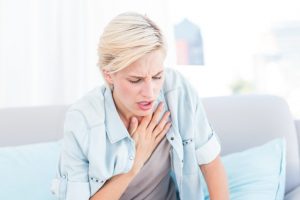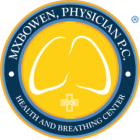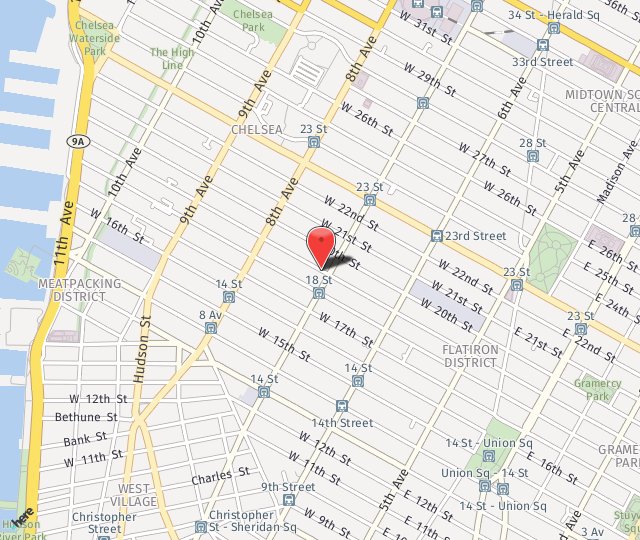
If you have unexplained shortness of breath, especially if it comes on suddenly and is severe, call 911 or see your doctor as soon as possible.
What Is Dyspnea?
Dyspnea is the sensation that you can’t catch your breath or get enough air in your lungs. Symptoms include:
- Breathlessness
- Tight feeling in your chest
- Labored breathing
- Unable to breathe deeply
Dyspnea can come on suddenly (acute) or be long-lasting (chronic). Acute dyspnea starts in a short period of time (minutes or hours). Chronic dyspnea makes you feel out of breath when doing everyday activities, such as walking in your home or standing up from a chair.
How Do You Get Dyspnea?
Chronic dyspnea is usually caused by lung or heart medical conditions. Since your heart and lungs transport oxygen to your tissues and remove carbon dioxide, when there are problems with these processes, it affects your breathing.
What Causes Dyspnea?
Acute dyspnea that comes on suddenly can be caused by:
- Asthma
- Carbon monoxide poisoning
- Collapsed lung
- Low blood pressure
- Excess fluid around the heart
- Heart attack
- Heart failure
- Pneumonia or other lung infections
- Blood clot in the lung
- Sudden blood loss
- Upper airway obstruction
Chronic shortness of breath that lasts past a few weeks or longer is typically caused by:
- Asthma
- COPD (chronic obstructive pulmonary disease)
- Obesity
- Loss of muscle tone/endurance (deconditioning)
- Heart dysfunction, such as cardiomyopathy
- High blood pressure in the lungs (pulmonary hypertension)
- Lung disease
A number of other lung and heart health conditions can also make it hard to get enough air, so it’s important that you seek an evaluation from an experienced pulmonologist.
Dyspnea Treatment Options
Dyspnea treatment involves treating its underlying cause(s).
Diet and exercise
If you’re overweight, obese, or have a poor fitness level that causes your dyspnea, it’s important to eat healthy and exercise frequently. Speak to your doctor about how to start exercising safely.
Cardiac Care
Heart-related causes are treated by a heart doctor (cardiologist). Cardiac medical care helps you manage heart failure and any other heart-related conditions.
Pulmonary Care
COPD and other lung problems are treated by a pulmonologist – a doctor specializing in the health of your lungs and respiratory system. Pulmonary rehabilitation can provide supervised exercise and education about breathing techniques to help you overcome lung disease. Medications can also help.
How to Avoid Dyspnea
Dyspnea prevention involves avoiding or managing its many possible causes.
Quit smoking: If you smoke and have shortness of breath, it’s important to quit smoking. Your lung and heart health starts to improve within hours of quitting. See a smoking cessation specialist or join a program so you can stick with it. Many effective products and therapies can help you quit.
Air pollution: Air pollutants can lead to breathing problems. If you work or live in a place with poor air quality, wearing a mask to filter out lung irritants can help. Good ventilation is also helpful.
Healthy weight: Maintaining a healthy weight, can help you avoid dyspnea as well as a number of health problems. Talk with a nutritionist or dietitian to help you with meal planning.
Whether your shortness of breath comes on suddenly or it has been an ongoing problem, contact our office to schedule an appointment with Dr. Bowen as soon as possible. We provide effective and long-term dyspnea treatment.












